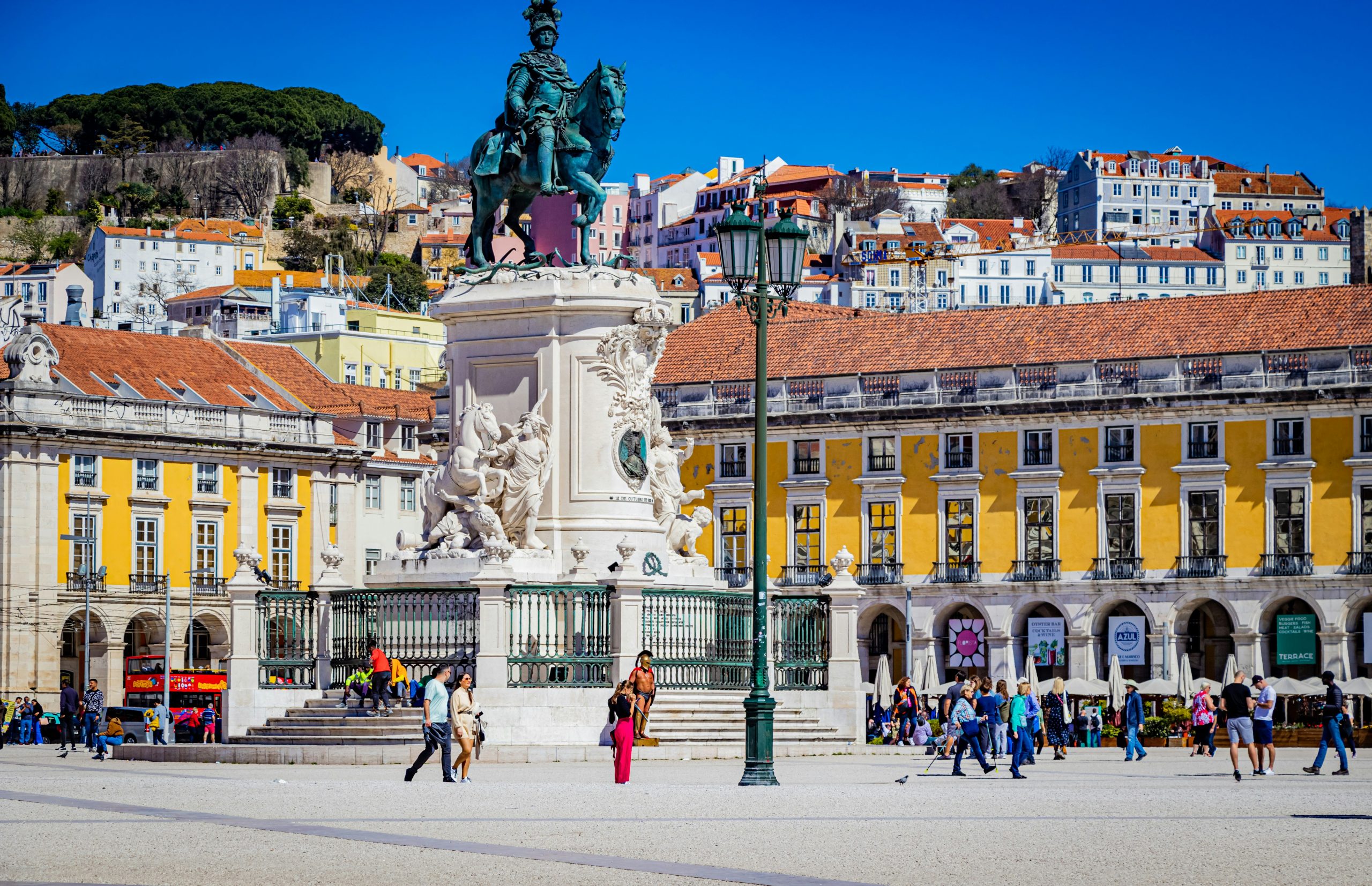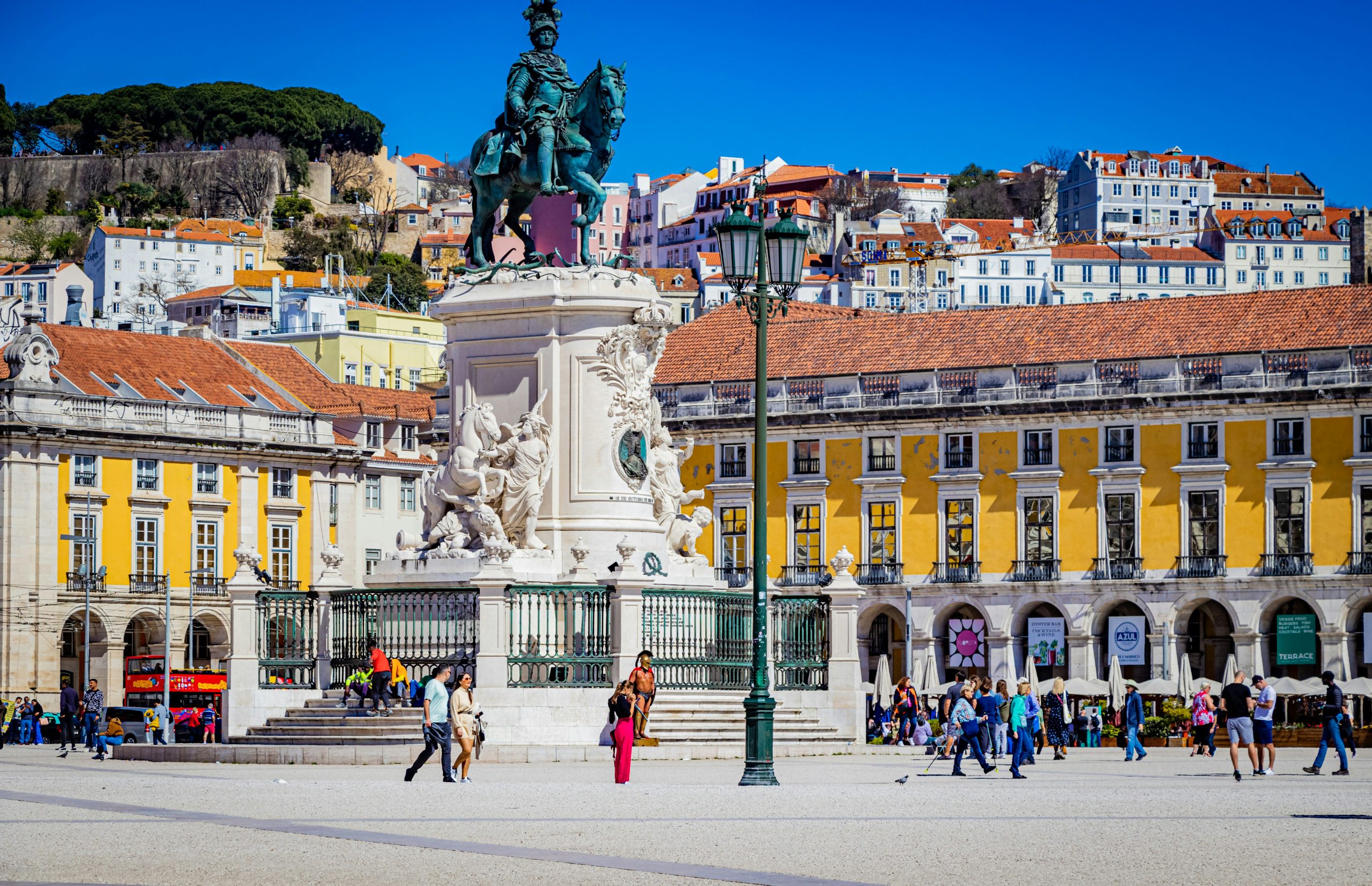Portugal’s Golden Visa landscape has changed. With AIMA now overseeing the program and real-estate routes removed, the focus has shifted toward fund investments and cultural contributions. For investors, that shift has tax consequences that depend on three things: how the investment is structured, whether you become a Portuguese tax resident, and how you eventually exit.
1. Capital Gains: Resident or Non-Resident?
For non-residents
Investors who hold qualifying Portuguese funds without taking up tax residence often fall outside the Portuguese tax net. Most CMVM-supervised funds distribute income to non-residents free of Portuguese tax, provided the investor is not based in a black-listed jurisdiction and can prove non-residency.
It’s a simple structure: maintain tax residence elsewhere and your gains remain outside Portugal’s reach.
For residents
Once you become a Portuguese tax resident, capital gains on securities are taxed at a flat 28 percent unless you opt for aggregation at progressive rates.
Real-estate gains follow a different formula, half of the gain is taxable and then assessed at the standard income-tax scale.
Timing matters. Selling assets after establishing residency can push you into a higher bracket, so careful planning is essential.
Practical view
Before you spend significant time in Portugal, map out your travel days and “centre-of-life” indicators. A few extra weeks in-country can change your tax status for an entire year.
2. From NHR to IFICI – The Current Tax Incentive Regime
Portugal has closed the door on new Non-Habitual Resident (NHR) applications. Those who qualified before the 2024 State Budget keep their benefits, but newcomers must look to the new IFICI framework (Incentive for Scientific Research and Innovation).
IFICI in brief
- A 20 percent flat tax rate on certain Portuguese-source income from approved professions or companies.
- Exemption on most foreign-sourced income, including dividends and capital gains, for up to ten years.
- Strict eligibility: the work or business must align with the government’s list of high-value activities, and you must hold Portuguese tax residency.
For Golden Visa holders
Holding a Golden Visa doesn’t automatically grant IFICI status. You need to move to Portugal, register as tax resident, and qualify through your professional activity or company link.
For investors who remain abroad, the non-resident fund exemption is usually more relevant; for those relocating, IFICI can offer a strong long-term framework if structured correctly.
3. Exit Planning and Compliance Timing
Portugal does not apply a general exit tax on individuals who cease residency, but certain anti-avoidance rules can trigger taxation on unrealised gains in specific cases.
Planning the exit matters as much as the entry. Keep records of acquisition costs, fund subscriptions, and certificates of non-residency. These are what determine whether a gain is Portuguese-source and therefore taxable when you sell or leave.
For non-residents who own Portuguese property, disposals are taxed using the same partial-inclusion rule as residents: half of the gain, taxed at progressive rates.
For fund investors, check the fund’s documentation, some distributions are treated as income, others as capital gains, each with different implications.
4. Building a Coherent Strategy
- Clarify your intent. Are you securing mobility or relocating?
- Mobility focus → remain non-resident, use a CMVM-regulated fund with non-resident exemption.
- Relocation focus → assess IFICI eligibility before your move.
- Mobility focus → remain non-resident, use a CMVM-regulated fund with non-resident exemption.
- Choose your vehicle. Funds, private equity, or venture vehicles differ in how income is classified and taxed.
- Plan your timing. Residency, investment entry, and disposal should align across at least a five-year horizon.
- Document everything. Proof of tax residence abroad, AIMA records, and fund statements are essential for compliance.
- Anticipate change. Both the immigration and tax codes evolve yearly; what applies now may adjust in the next budget cycle.
5. The Golden Visa Today
Under the 2025 rules:
- Minimum investment: €500 000 in a CMVM-regulated fund.
- Alternative route: €250 000 donation to approved cultural projects (non-recoverable).
- Regulator: AIMA handles applications; SEF no longer exists.
- Oversight: Funds must remain under CMVM supervision, with Bison Bank and other custodians safeguarding assets.
These parameters define not only your immigration outcome but also the tax treatment of your investment.
Closing Perspective
The phrase “Golden Visa Portugal tax benefits” is often oversold. There are advantages but only when structure, timing, and tax residence work together.
Portugal rewards clarity: if you know whether you’re staying or simply holding a foothold, you can build around that decision with precision.
What remains constant is the need for governance and foresight. The window of easy exemptions has narrowed, yet well-planned investors still find Portugal among the most tax-efficient gateways into Europe.





